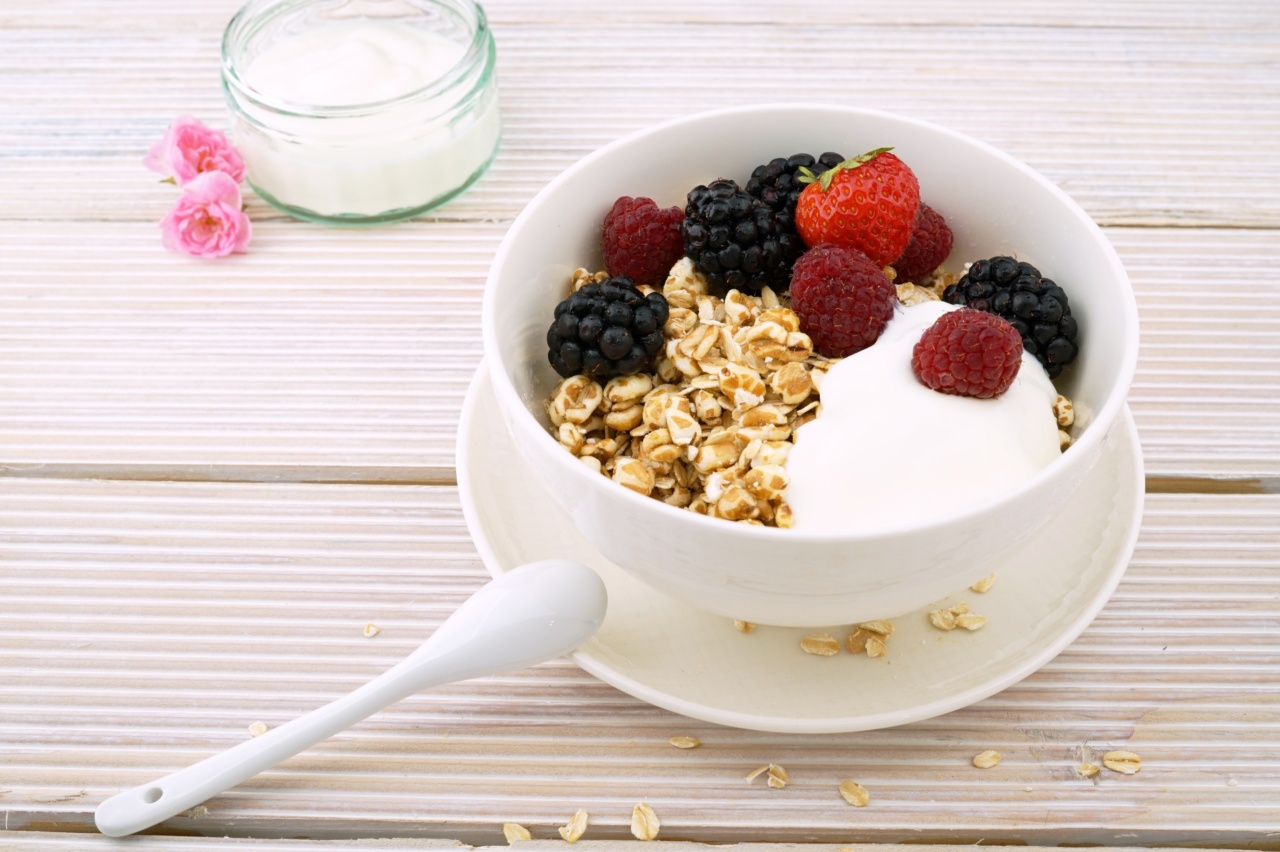Infants with cow’s milk allergy often require alternative sources of nutrition to ensure their healthy growth and development.
One such option is the hypoallergenic diet, which eliminates cow’s milk and other common allergens from the infant’s diet. However, it is crucial to assess whether this diet is nutritionally complete for infants with cow’s milk allergy.
The Hypoallergenic Diet
The hypoallergenic diet is designed to eliminate allergens that may trigger an adverse reaction in infants with cow’s milk allergy.
This diet typically excludes cow’s milk and dairy products, eggs, fish, shellfish, peanuts, tree nuts, soy, and wheat. Instead, it focuses on safe and nutritious alternatives to meet the infant’s nutritional requirements.
Meeting Energy Needs
One major concern regarding the hypoallergenic diet is whether it provides enough energy for infants.
Breast milk or infant formula are usually the primary sources of energy for infants, and parents should work closely with healthcare professionals to ensure that alternative formulas or breast milk substitutes are nutritionally adequate to support the infant’s growth and development.
Protein and Amino Acids
Cow’s milk is a significant source of protein in an infant’s diet, but the hypoallergenic diet eliminates this protein source.
However, there are hypoallergenic formulas available that use hydrolyzed proteins or amino acids to ensure an adequate protein intake for infants with cow’s milk allergy. These formulas are carefully crafted to provide a nutritionally complete protein profile.
Essential Fatty Acids
Essential fatty acids, such as omega-3 and omega-6 fatty acids, play a crucial role in infant brain development and overall health. While cow’s milk is not a primary source of these fatty acids, it may contain them if fortified.
Thus, parents should ensure that the hypoallergenic formula or alternative milk substitutes used provide a sufficient amount of essential fatty acids.
Vitamins and Minerals
A balanced hypoallergenic diet should contain an adequate amount of vitamins and minerals to support the infant’s growth.
Breast milk or infant formula usually meets these requirements, but in the case of cow’s milk allergy, an alternative formula or milk substitute must be carefully selected to ensure these nutritional needs are met. A dietitian can provide guidance on selecting appropriate substitutes and, if necessary, recommend supplements.
Iron and Calcium
Iron and calcium are essential minerals for infants’ proper growth and development. Cow’s milk is a significant source of both these minerals. However, in the hypoallergenic diet, alternative sources must be chosen to fulfill these needs.
Formulas or milk substitutes fortified with iron and calcium can help infants meet their requirements and prevent deficiencies.
Growth Monitoring
Regular growth monitoring is crucial for infants on a hypoallergenic diet. Healthcare professionals will assess the infant’s weight, length, and head circumference, comparing them to growth charts to ensure they are progressing appropriately.
If any concerns arise, adjustments to the diet or supplementation may be necessary.
Conclusion
The hypoallergenic diet can be nutritionally complete for infants with cow’s milk allergy when carefully planned and supervised.
Working closely with healthcare professionals and dietitians is essential to ensure the infant’s specific nutritional needs are met. Regular monitoring and evaluation of the infant’s growth and development will further support their healthy progression.































